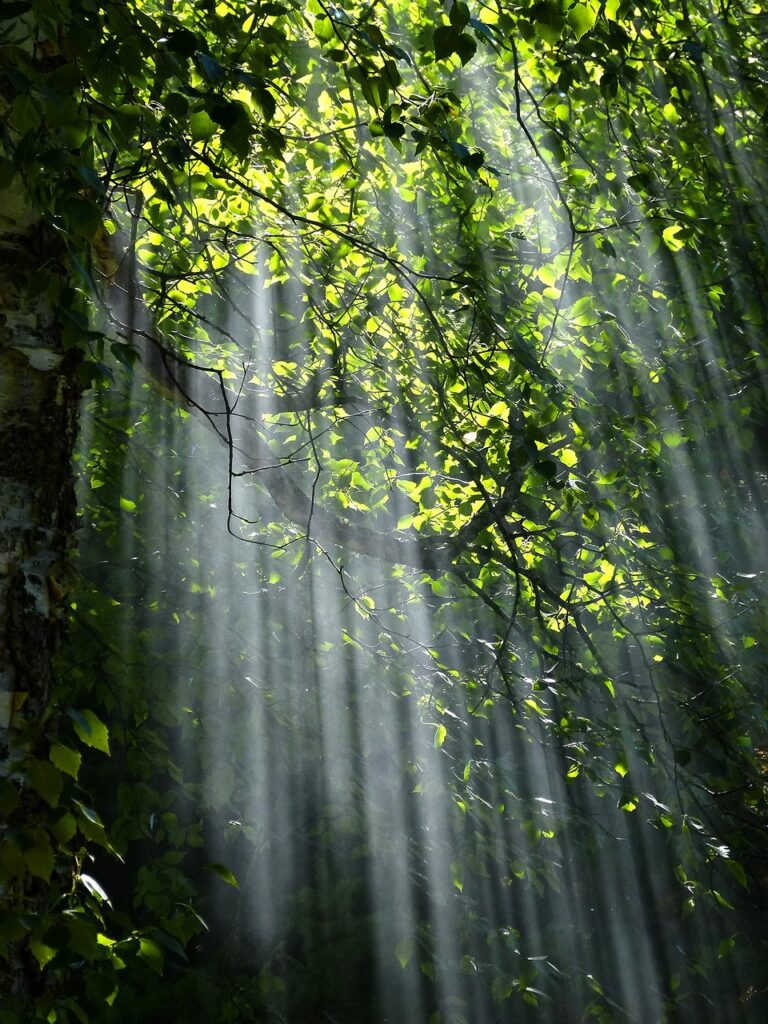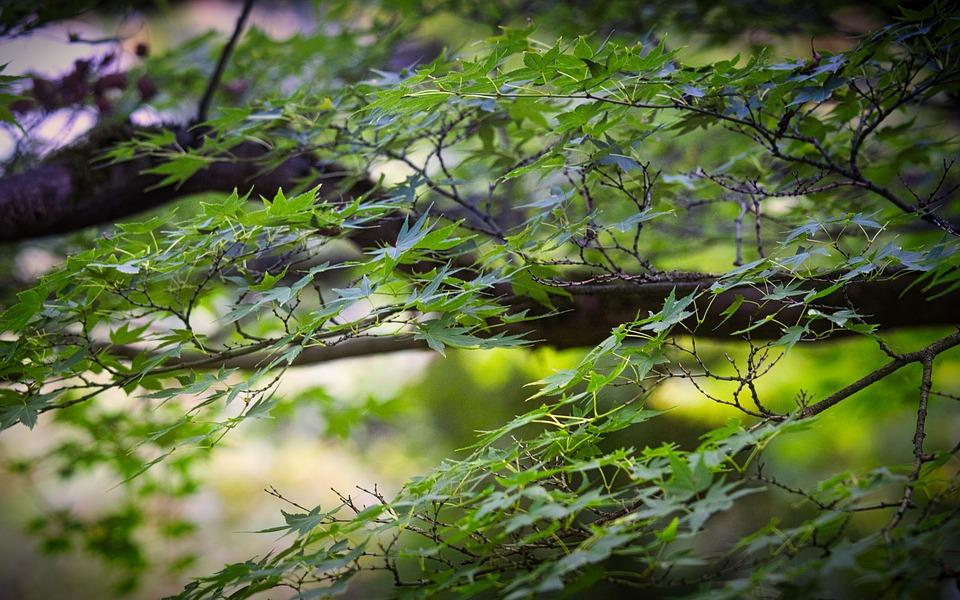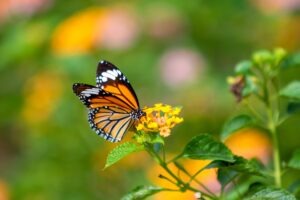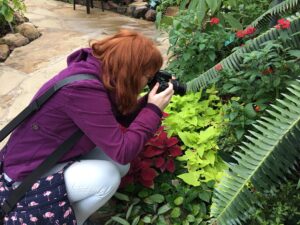Modern life can be a hectic thing, full of emails, appointments, grocery trips, planning sessions, repair bills–the list could go on and on. It can be difficult to carve out time away from the madness and just … be.

That’s what forest bathing offers practitioners.
“The Japanese term is shinrin-yoku, and forest bathing is not really a good translation,” says Randy Sabbagh, workshop facilitator. “It means something like ‘immersion.’ So you are immersing yourself in nature.”
The term originated in Japan and is used to describe the simple yet therapeutic practice of spending time in nature. You might think of it as nature-inspired mindfulness or eco-therapy–or perhaps both.
“It’s a way of passively interacting with nature–of just soaking it in,” says Sabbagh. “You’re not trying to control the experience or force anything to happen. Our brains are always going next, next, next. This is a way to step away from that.”
Forest Bathing
April 13, 9 – 10:30 am
May 11, 9 – 10:30 am
June 8, 9 – 10:30 am
Register now!
Sabbagh first learned about forest bathing on a business trip to Japan. His work was extremely stressful, and he was feeling the strain. “One of my Japanese colleagues saw this. He said, ‘Block off your schedule, go to the park, and just try this.'” Sabbagh immediately saw the benefit of unplugging from the scramble of every day life and connecting to the deeper rhythms of nature.
The Garden began offering a monthly forest bathing workshop more than a year ago, and the course has attracted a dedicated audience. By popular demand, the workshop was recently expanded to an hour and a half. In addition, the location will alternate monthly between the Japanese Garden and Rock Springs Garden.
In each workshop, students discuss the concept, and then they find a quiet spot alone to take in whatever happens. They might see koi swimming in the pond, leaves rustling in the breeze, or the sun shining on a tree. Often participants find themselves paying attention to senses other than sight. Sabbagh described the experience of becoming overwhelmed by the scent of pine trees warmed by afternoon sun.
Forest bathing doesn’t require an instructor or a class in the traditional sense. The series exists to give participants a designated place and time to devote to the practice and a community to share their experiences.
And for those unable to make the workshop, Sabbagh encourages them to take a moment to step outside or even just look out of a window. Nature is always there, and you can always find connection by pausing to breathe and to be.







